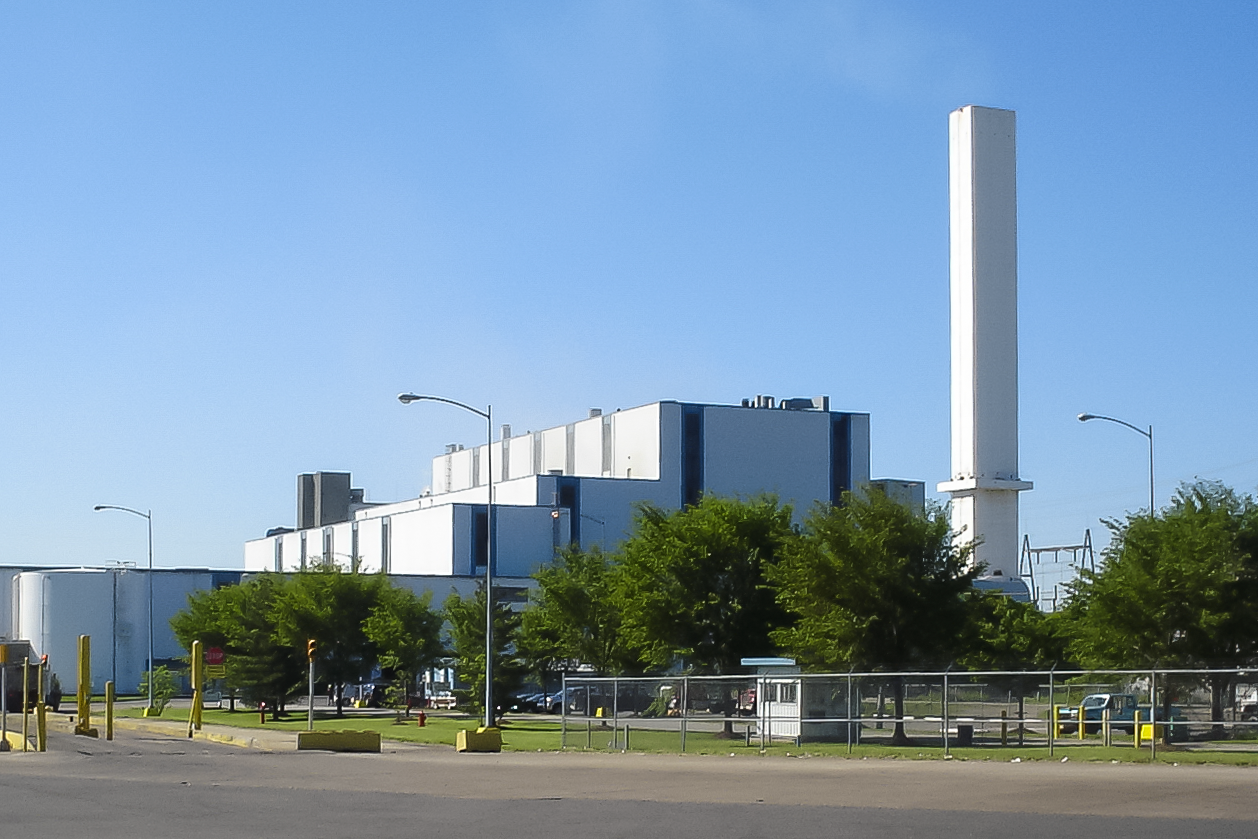Report: Fossil Fuels Fund 424,000 PA Jobs

As Gov. Josh Shapiro appears ready to push Pennsylvania into the Regional Greenhouse Gas Initiative (RGGI), a timely report is demonstrating just how much the state benefits from fossil fuel-related employment—and how much it stands to potentially lose if hardline environmentalist policies come to pass.
During his campaign for governor last year, Shapiro said he doubted the benefits of entering the RGGI compact. But his first budget includes about $600 million in revenue from the RGGI carbon fees on power plants. Plans for Pennsylvania to join the 12-state cap-and-trade compact are currently tied up in court.
Now a new report adds additional information about the impact the RGGI decision could have on the state’s economy.
The analysis, conducted by consulting firm PwC for the American Petroleum Institute, found the fossil fuel industry has an “exceptionally large direct impact” on Pennsylvania’s economy.
In recent years, the state has long been known as a mega-producer of fossil fuels, particularly natural gas. PwC’s analysis said the state retains “vast oil and natural gas deposits … that have led to substantial upstream and downstream operations.”
Around 93,000 Pennsylvanians work in jobs “directly attributable to the oil and natural gas industry.” When the analysis was expanded to “direct, indirect, and induced impacts,” fossil fuel’s importance to the state economy was even larger. Regarding “total employment attributable to the oil and natural gas industry,” the researchers found that Pennsylvania enjoys 424,000 jobs it would otherwise not record.
The state further boasts a “total labor income impact” of $29 billion and a “total value added impact” of over $40 billion.
Stephanie Wissman, executive director of API Pennsylvania, told DVJournal that the state’s natural gas and oil industry “is vital to our economy and supports hundreds of thousands of jobs that are simply irreplaceable.”
“Pennsylvania is the second-largest natural gas producer in the nation, behind only Texas, thanks to the significant investments made here and a dedicated, well-trained workforce,” she said.
The Keystone State is the only northeastern state with a bounty of natural gas. The RGGI program is meant to move Pennsylvania rapidly toward green energy infrastructure by imposing caps on regional CO2 generation by power plants, driving up costs.
At a state Senate appropriations meeting in February, Montgomery County Sen. Tracy Pennycuick asked Independent Fiscal Office Director Matthew Knittel what effect RGGI would have on state job development. “Like other levies on energy, I would assume that those costs would be passed forward to the ultimate consumers of the energy,” he said.
According to Gordon Tomb, a senior fellow at the Commonwealth Foundation, the program could severely hamper Pennsylvania’s economy due to excessive energy prices and job losses.
“Pennsylvania’s economic losses resulting from RGGI have been projected to be 22,000 jobs and $7.7 billion,” he said. “The promise of RGGI’s supporters to provide a net gain of economic benefits with higher electricity costs and unreliable energy sources defies common sense and basic laws of economics.”
“What the climate industrial complex mostly offers in the way of benefits are government handouts in the form of lucrative subsidies to politically favored ‘green’ energy firms and paltry welfare payments for paying energy bills or insulating homes,” he argued.
“The latter are crumbs compared to the wages of family-sustaining jobs at power plants and in the manufacturing industries that require affordable and reliable energy supplies.”
Tomb pointed to a study from the UC Berkeley Labor Center last month, which examined the effects of a Marathon refinery plant closure in Contra Costa County, Calif. The study found that nearly 18 months after the closure, roughly 25 percent of the laid-off workers were still unemployed to some degree. Those who found work, meanwhile, did so “at the cost of lower wages and worse working conditions.”
Grim unemployment numbers aren’t the only potential outcome of RGGI. A nonpartisan Independent Fiscal Office review earlier this year projected that the program would cost Pennsylvania billions in the coming years.
Advocates for Pennsylvania entering RGGI say it is necessary to fight climate change and transition the state’s economy.
Not all the projections of RGGI are negative. They point to a report from the Analysis Group this month that found in the states where it was implemented, RGGI has generated “net economic benefits,” including $669 million of “total economic activity” in 2018-2020.
Robert Routh, a public policy and regulatory attorney with Philadelphia’s Clear Air Council, told DVJournal that fossil fuel employment contractions have occurred in Pennsylvania independent of RGGI.
“All the remaining large, conventional coal-fired plants in the Commonwealth have already committed to retiring or to cease burning coal by 2028, and that’s without having been subject to RGGI compliance obligations,” he said.
Routh pointed to modeling from the state Department of Environmental Protection, which “projected that RGGI participation will result in a net increase of over 30,000 jobs in-state by 2030.”
“That would be driven by growth in the renewable energy and energy efficiency sectors,” he said.
Stephanie Wissman with API said policymakers should focus on permitting reform to ease the market entry burdens for energy producers.
“As global energy demand is projected to increase,” she said, “policies should support American energy and infrastructure development and the millions of skilled workers across the country who produce and deliver the energy that powers our everyday lives.”





